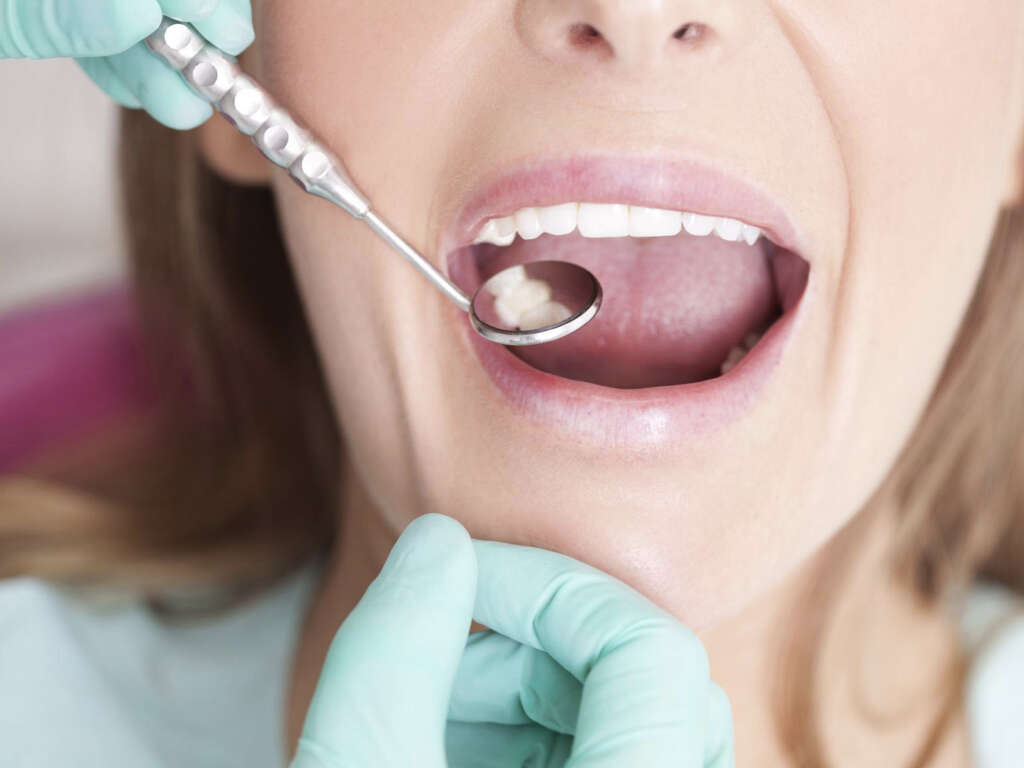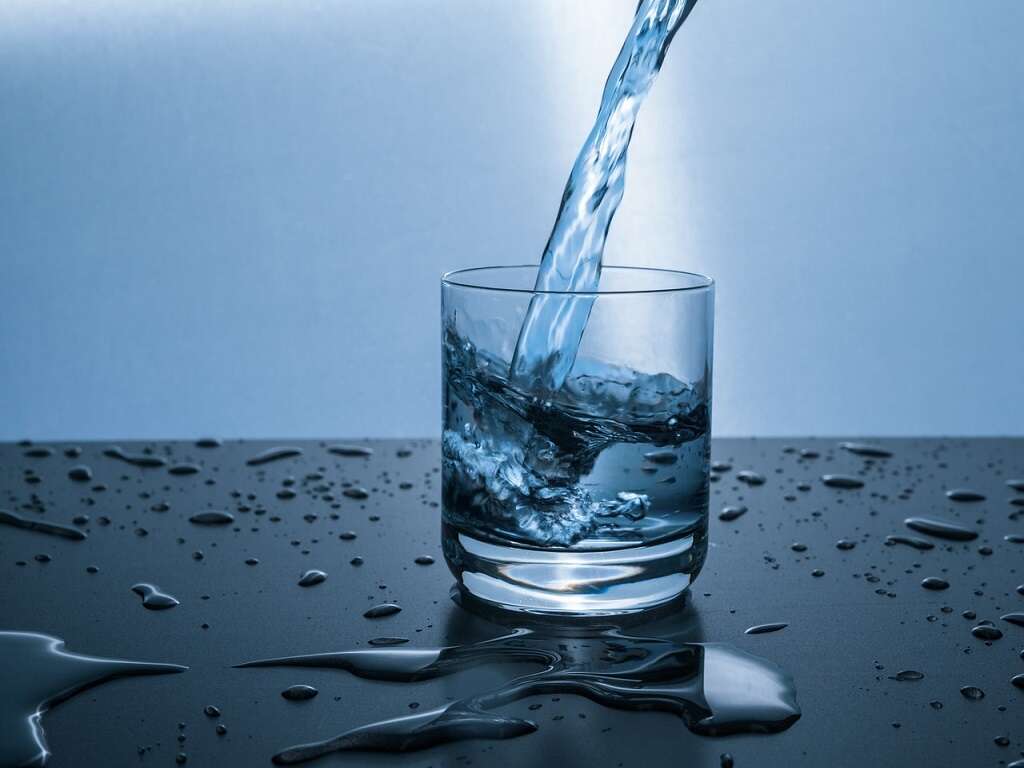10 Signs of Dehydration In Toddlers
As adults, staying hydrated is usually quite easy. It is as simple as getting a drink when we are thirsty, but it is not always as easy for toddlers. They are reliant on somebody getting a drink for them, so it is important to keep them close by. There are also other reasons why it is easier for a toddler to become dehydrated.
With smaller bodies, toddlers cannot hold as much water, meaning they need to take on fluids more regularly. They can also be at higher risk from conditions such as diarrhea and vomiting and need to be monitored closely when ill.
If you do suspect that something is wrong, make no hesitation in getting help for them. This article looks at 10 signs of dehydration in toddlers that you should be aware of.
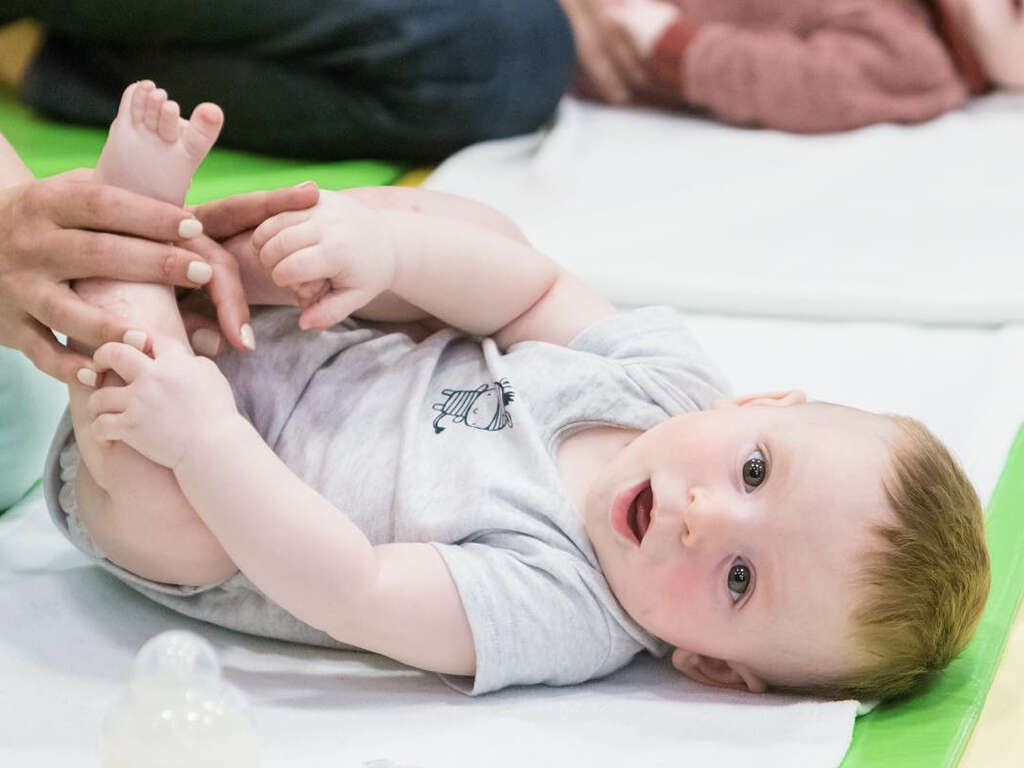
Sign Of Dehydration In Toddlers #1: Dry Mouth
Normally, our oral mucosa is a moist environment, thanks to the production of saliva which helps us to digest our food.
In cases of dehydration, saliva production decreases as the body tries to hold on to fluids to supply more vital organs. If you notice a dry mouth in a toddler, you should seek medical attention for proper diagnosis and treatment.
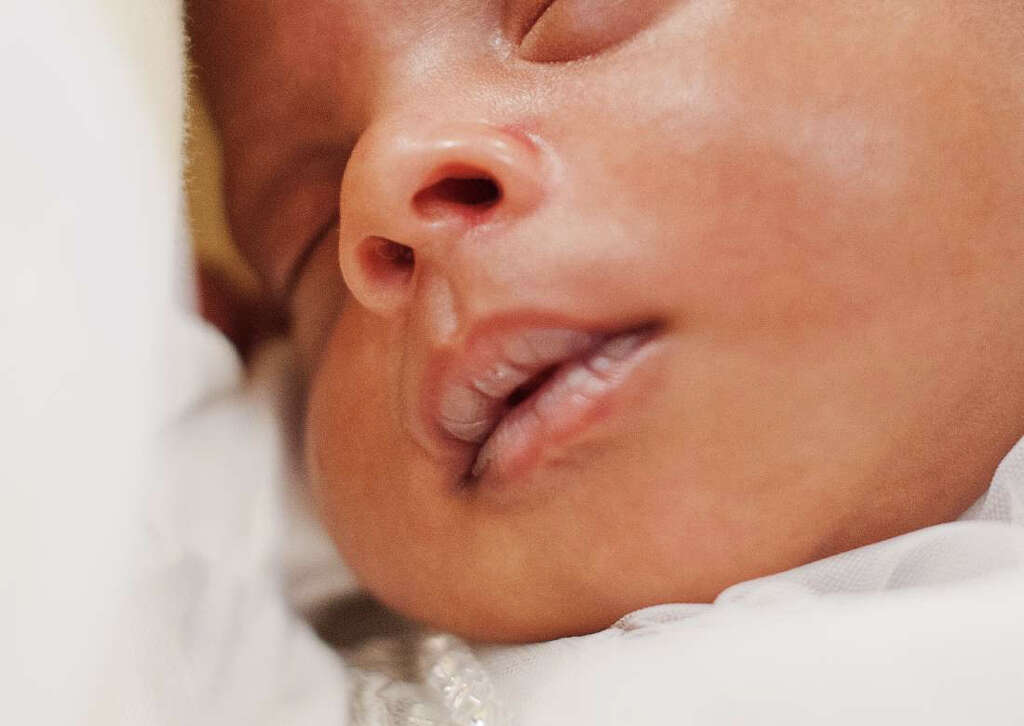
Sign Of Dehydration In Toddlers #2: Few Tears
Young children have a tendency to cry. They are unable to express their needs and wants clearly and crying is an effective way of drawing our attention to something being wrong. While it is something that can cause sleepless nights for parents, it is still something we should be grateful for because it helps ensure our babies are well.
Along with the wailing also comes the tears, and plenty of them. If your toddler is not shedding as many tears as usual, though, it is a sign that they may be dehydrated. You should ensure they have all the fluids they need as soon as possible.
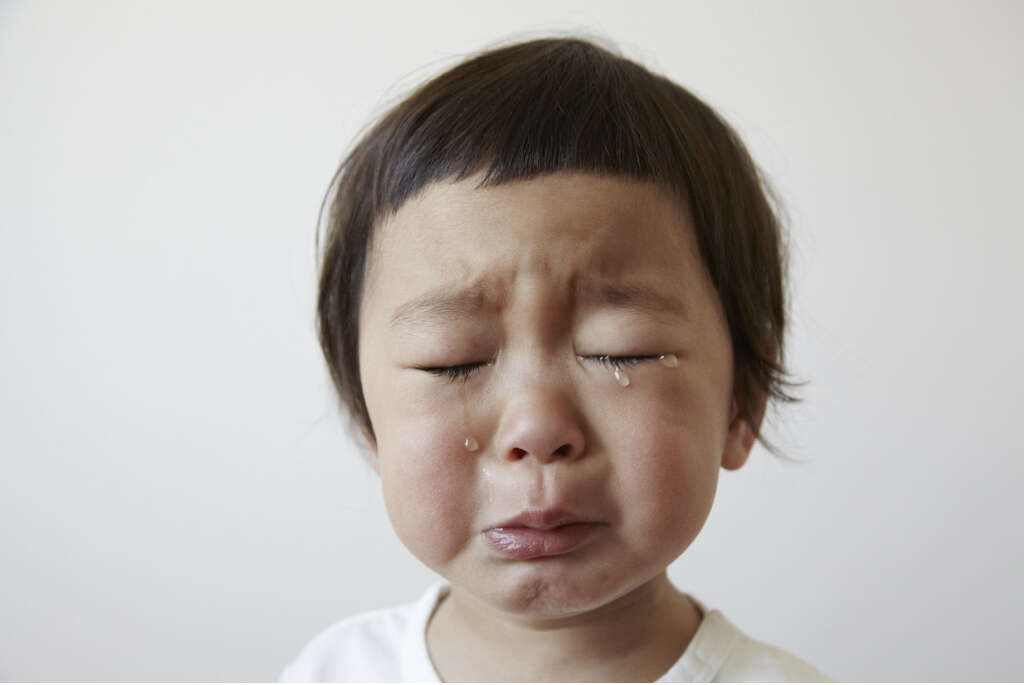
Sign Of Dehydration In Toddlers #3: Lethargy
Toddlers are usually brimming with energy. They often cannot stay still for long, needing to get involved with everything that is going on around them. This is, of course, very healthy and an apparent lack of this energy could mean that all is not well with them.
If your toddler appears to be lethargic despite having had plenty of rest, it could be a sign that they are dehydrated. Lethargy could also be a sign of numerous other causes, some of which can be dangerous. If your toddler lacks energy, let a doctor or pediatrician know so they can get it checked out.

Sign Of Dehydration In Toddlers #4: Dry Skin
Our skin is usually soft and elastic. This helps to keep it flexible which, in turn, helps to protect it against damage. The skin of toddlers tends to be even softer than that of adults. Therefore, dry and wrinkly skin in toddlers is a sign that they may be dehydrated.
Dry and wrinkly skin could be caused by a wide range of things. Most are likely to be quite harmless but can still be very irritating to a young child. It is probably a good idea to get it checked out and make sure the child has access to plenty of fluids in the meantime.
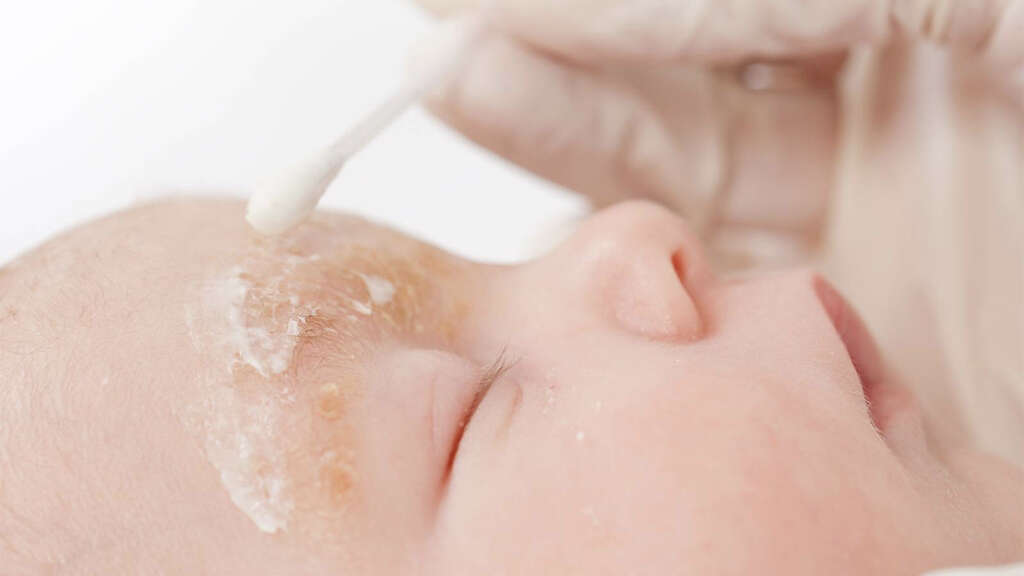
Sign Of Dehydration In Toddlers #5: Irritability
Toddlers are dependent on the adults around them and are unable to complete most tasks for themselves. They will still try, though, and they can become irritable when things don’t go their way. They can also become irritable when they can’t express what they want when they get tired, and also when they become dehydrated.
Toddlers often are irritable and sometimes for no apparent reason. As such, the symptoms may be overlooked to begin with. If they continue to be irritable, however, and you feel as though it is out of character for them, then you should try to find out what might be causing it.

Sign Of Dehydration In Toddlers #6: Sunken Fontanelle
When a baby is first born, their skulls are made up of bony plates held to together with soft joins. This allows the shape of the skull to change during birth, allowing it to fit through the birth canal. The skull will then begin to harden overall as the child gets older.
These softer spots in the skull are called fontanelles. A child has many soft spots in their skull, eventually, they should fuse together to give the hard and firm consistency to the head. The last one of these soft spots should close at the age of 18 months. Until then, they are a useful tool to diagnose dehydration in pediatric patients, as the fontanelle sunken during dehydration.
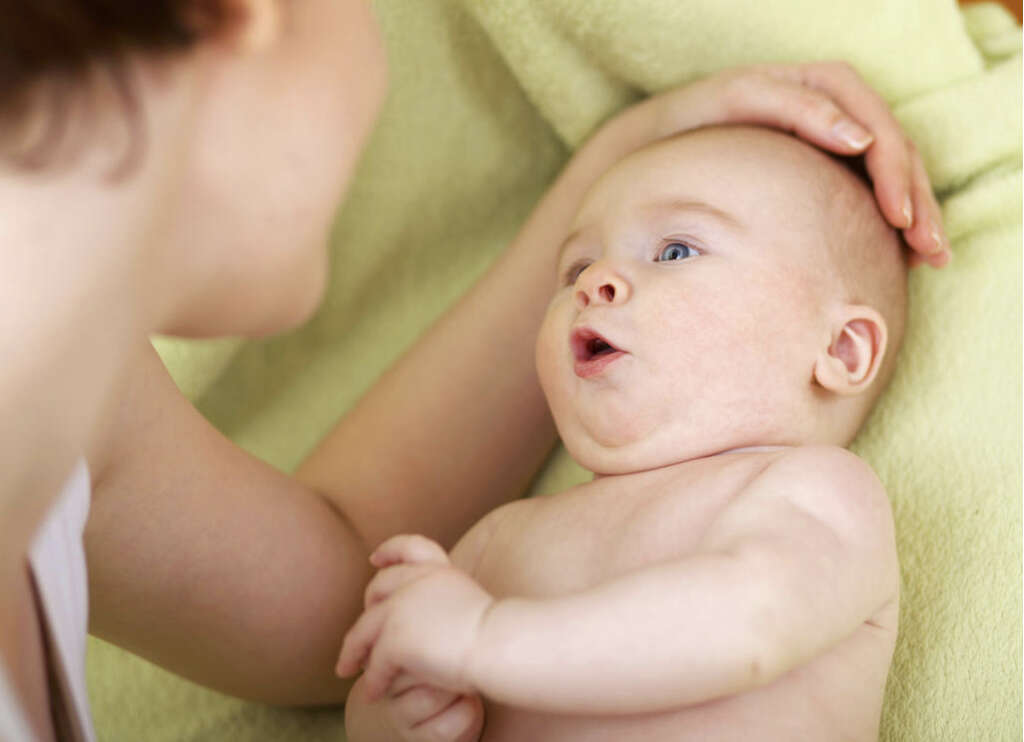
Sign Of Dehydration In Toddlers #7: Dry Diapers
It is always a good idea to check a toddler’s diapers regularly. If left in a soiled diaper for too long then things can get quite uncomfortable for them, and it can lead to diaper rash and other skin conditions. There is also the matter of hygiene to take into account.
Changing a toddler’s diaper can also be an opportunity to check up on their health. If something appears unusual then it is an indicator that something is wrong. If the diaper is dry when you would have expected them to pee, for example, it is a sign that they could be dehydrated.

Sign Of Dehydration In Toddlers #8: Sunken Eyes
Our eyes are naturally sunken back into our skulls to a degree. This helps to give them some protection, while still enabling them to see clearly enough. If a person’s eyes appear to be more sunken than usual, though, then it is a sign that something is wrong. In many cases, but not always, the problem will be dehydration.
Sunken eyes are not always a sign of something serious, but they can be so it is worth getting it checked out. A pediatrician or another doctor should be able to find the cause fairly quickly. In the meantime, you should make sure that your toddler has access to all the fluids they need.
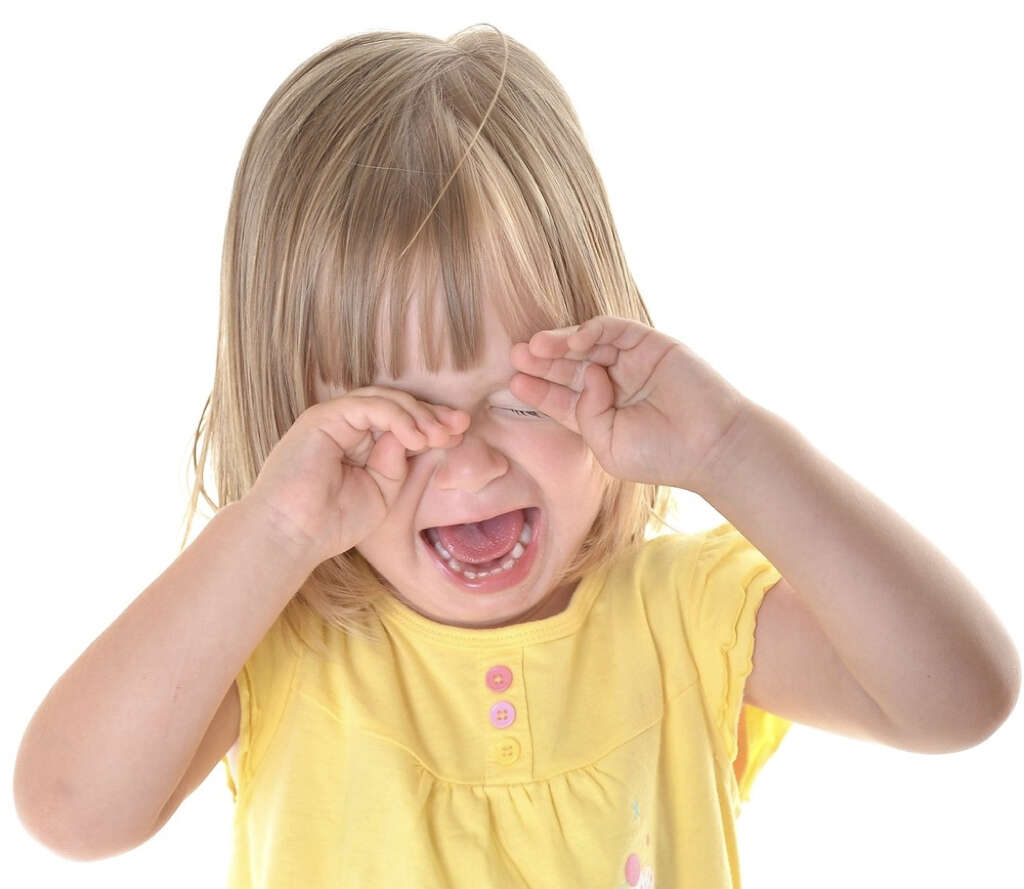
Sign Of Dehydration In Toddlers #9: Rapid Heart Beat
Our hearts will only usually beat faster when we are exercising or when we are excited by something. This is to help make sure that the body is getting all the nutrients it needs at a time when it is consuming more than usual. It could also be a sign that your toddler is dehydrated.
If you do find that your toddler’s heart is beating faster than usual without a good explanation, then you should really treat it as an emergency. It might turn out to be something that is not serious but it would still have been wise to play it safe.

Sign Of Dehydration In Toddlers #10: Breathing
Breathing is another action that usually occurs at a steady pace, only to increase when we are exercising or when we are excited. This is in order to draw in more air, enabling us to take in more oxygen to supply our body with. If your baby is breathing faster than usual then you should treat it as an emergency.
Fast breathing can be a sign that your baby is dehydrated, while it can also be a sign of something more serious. Get to a medical professional as soon as you can, and maybe even call an ambulance if you think it is necessary. As before, if it does turn out to be something minor, you will still have done the right thing in getting help.






